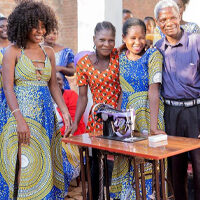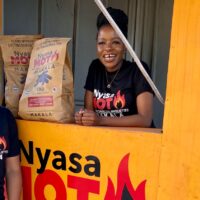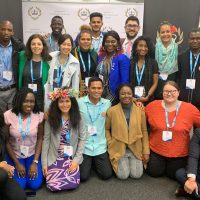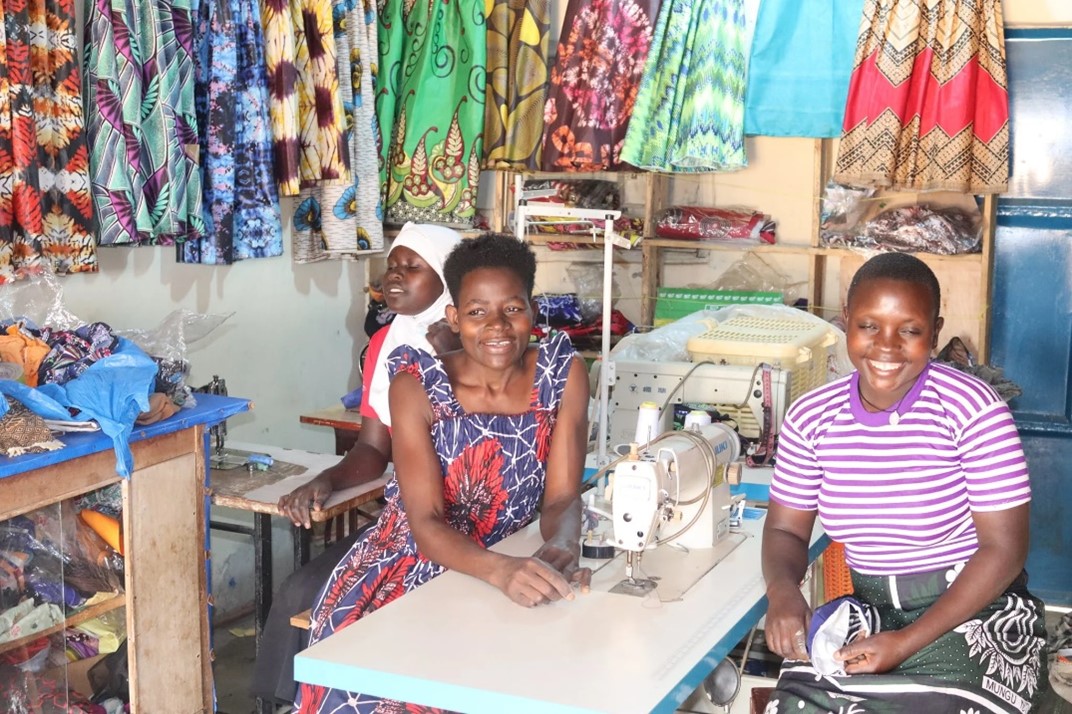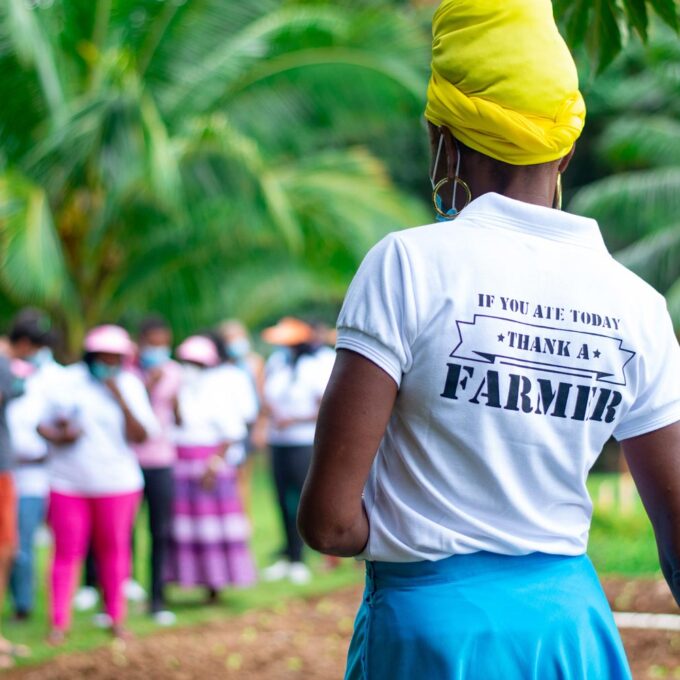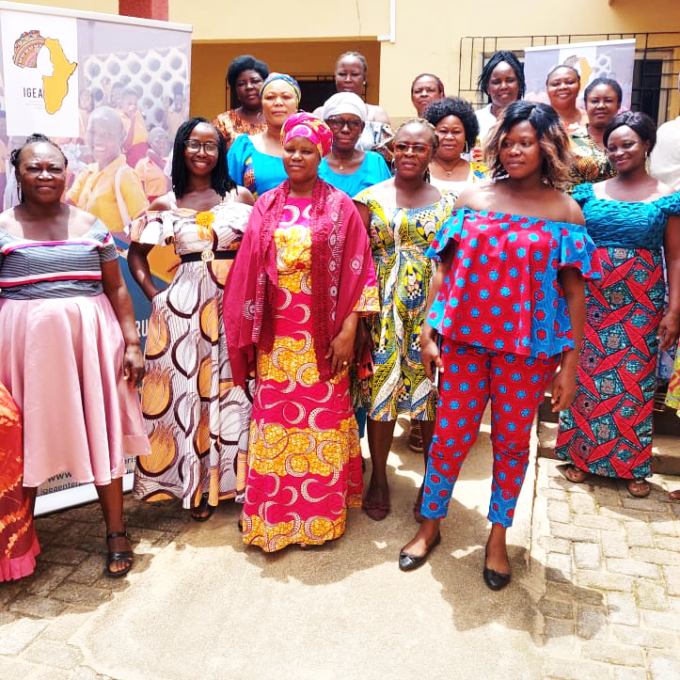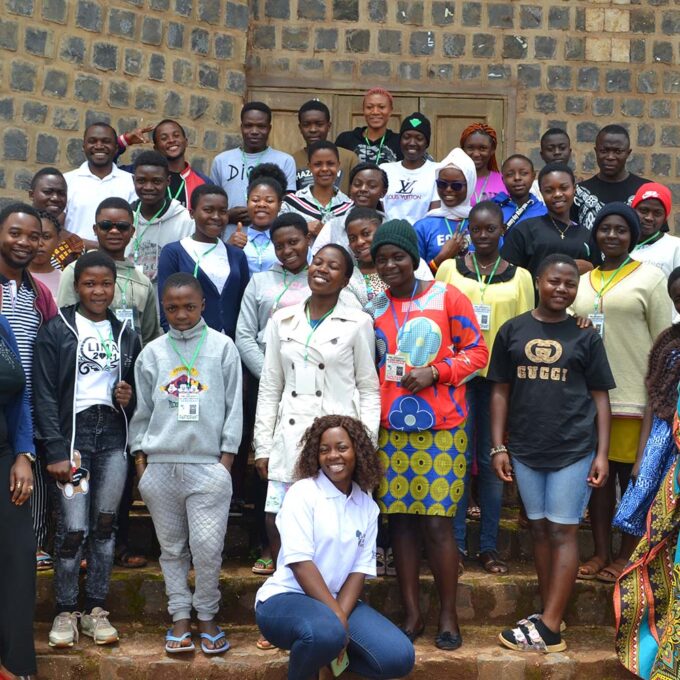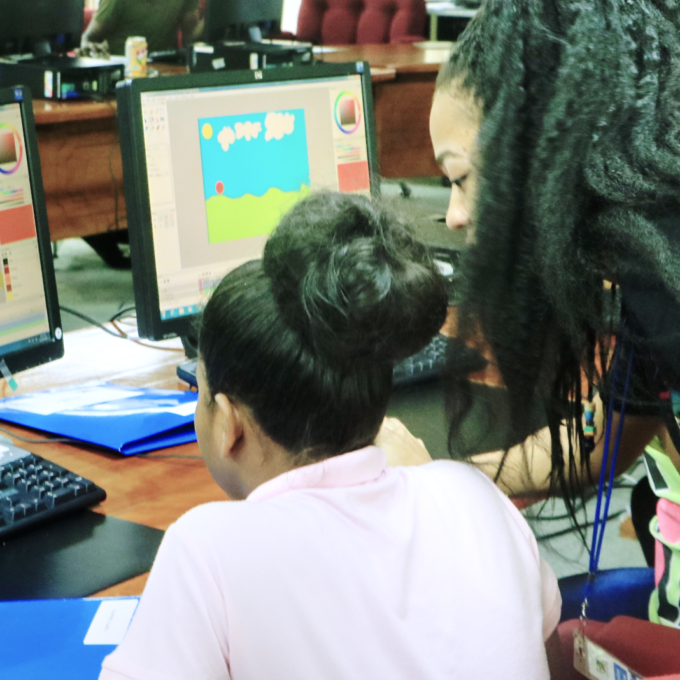While working in Lwengo District, Uganda, Stephen Katende observed high rates of school dropouts and out-of-school children in the area. As he researched more, he found a UNICEF report that showed approximately 81% of local households sampled stated that lack of funds was the reason why their children dropped out of school, while 58% claimed financial constraints was the reason their children never enrolled in school in the first place. These statistics, coupled with his own experiences struggling to afford school fees, inspired Stephen to start Kisoboka Africa – an organisation which aims to create financial inclusion for all, focusing on the economic empowerment of women and youth in underserved communities in Uganda.
Kisoboka Africa uses a unique ‘School Community Bank’ approach to mobilise parents, teachers, and especially local women to form school-based saving groups that together, aim to save between £0.50 and £2.00 each week. Every member who saves is able to borrow up to 3 times the amount they have personally saved at an interest rate of between 5- 10% – compared to the 22-25% rates typically offered by national banks. Kisoboka Africa also provides an entrepreneurship programme, complete with 9 months of follow-up support and advice. Additionally, local students are encouraged to save through Kisoboka’s ‘Young Savers Project’, which teaches club members valuable business, leadership and entrepreneurial skills – all of which have led to new youth-led enterprises, including a school canteen and a local knitting project.
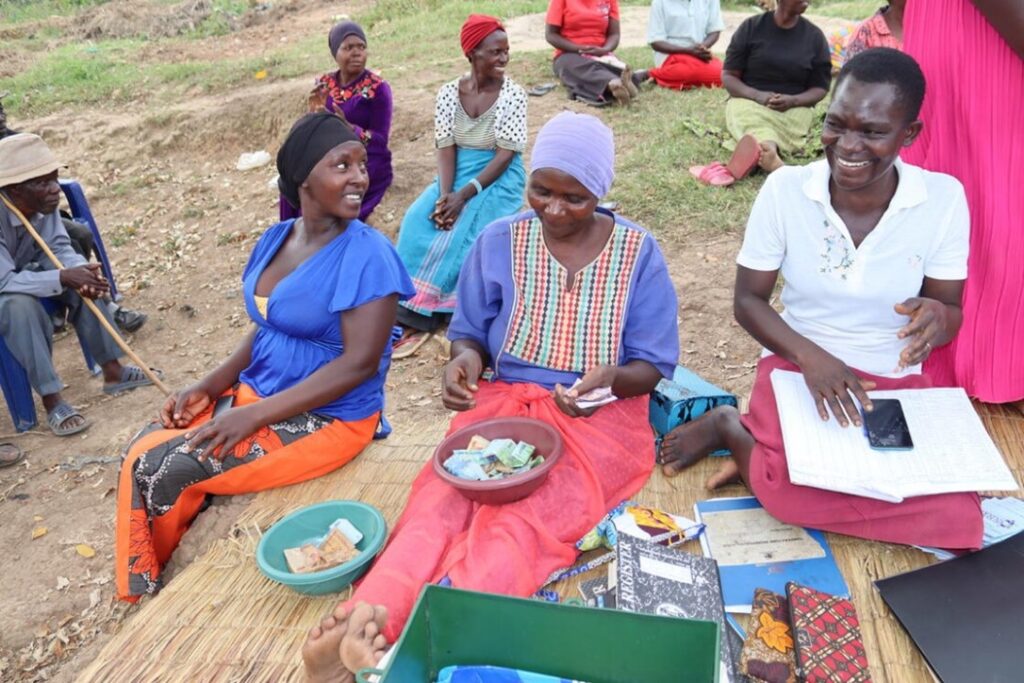
To date, enrolled parents have saved more than £20,000 and many have borrowed to start over 40 businesses including agricultural projects, art and craft and retail shops, which are helping them to generate income and improve their standard of living. 1,500 children in Lwengo and Lyantonde districts have either enrolled or stayed in school as a direct impact of Kisoboka Africa’s activities.
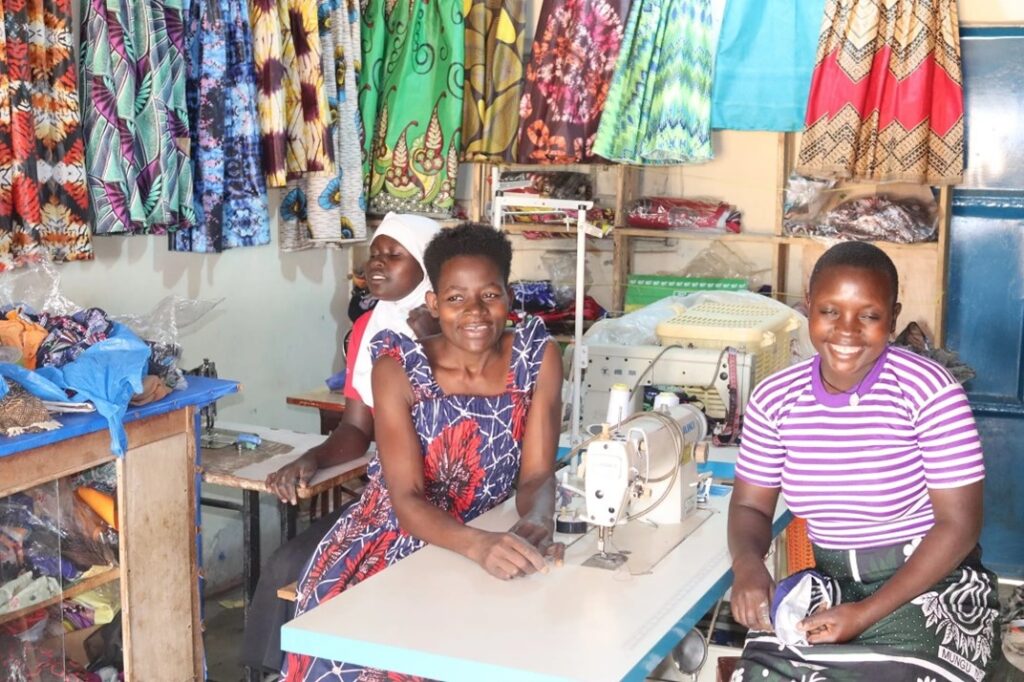
Supported by QECT, Stephen plans to scale the School Community Bank programme to reach a further 1,000 individuals through 33 new school community banks projects. QECT will also work with Kisoboka Africa to provide advice and guidance on organisational areas including safeguarding and financial management.



